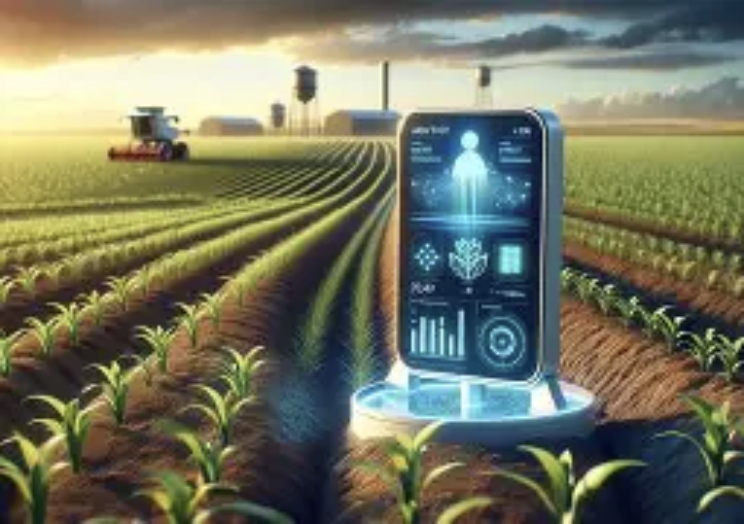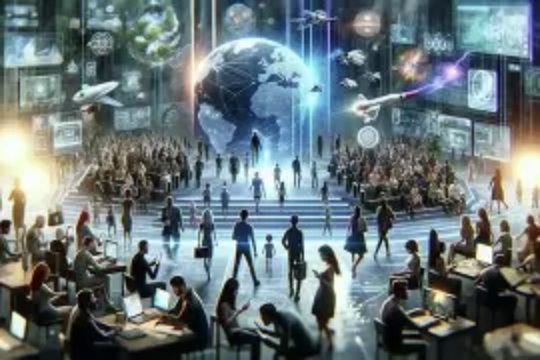The Best Partner for AI Scientists Driving Progress Across Fields
If you think that scientists simply work in labs, poring over books and data, you might be underestimating the "high-tech" nature of modern science. Today's scientific discoveries no longer rely solely on test tubes, microscopes, and notebooks in the lab—more and more scientists are turning to artificial intelligence (AI), their "intelligent assistant", to accelerate their journey of discovery.
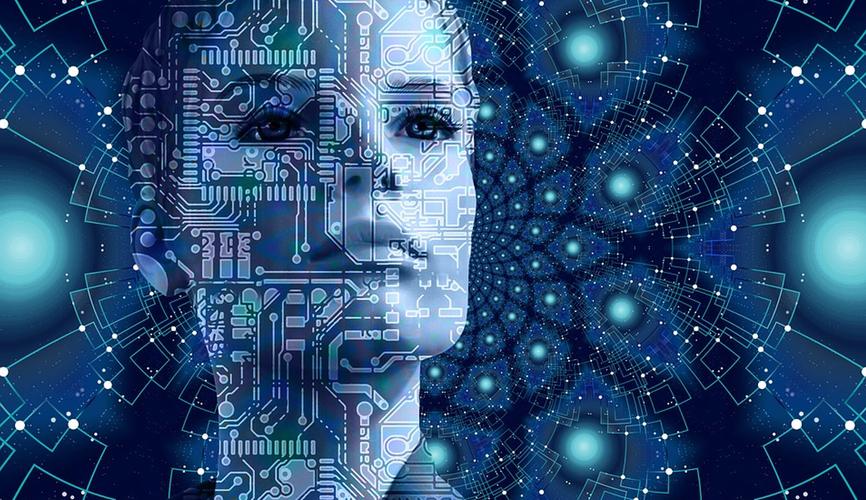
Imagine you're at a supermarket with a long shopping list. You could go aisle by aisle, selecting items yourself, spending a considerable amount of time and possibly forgetting something. But what if there was an "AI shopping assistant"? Based on your past purchases, current promotions, and even your health data, it could recommend the best products, calculate discounts, and ensure you get the most value. Similarly, in scientific research, AI enables scientists to allocate time to more meaningful tasks.
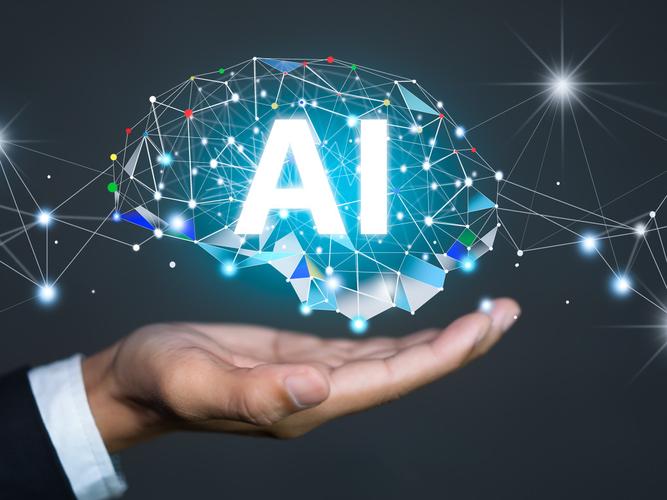
AI’s speed in data analysis can be described as "phenomenal". Ask scientists about their struggles in the past, and they'll likely say", The sheer amount of data was overwhelming"! Whether it's genomic data, astronomical observations, or results from particle accelerators, the volume of data was once insurmountable. That's where AI comes in, acting as a super-efficient "data cleaner" that processes massive datasets and delivers actionable insights within days. For example, in drug development, AI has made a significant impact. Traditionally, drug discovery is a lengthy and expensive process, taking decades to identify, test, and bring a treatment to market. Now, AI can simulate molecular interactions, predict potential therapeutic compounds, and even identify "future star" drugs before laboratory experiments begin. In this role, AI acts like a master "formulator", helping scientists sift through countless chemicals to pinpoint the "magic potion" that could cure a disease.
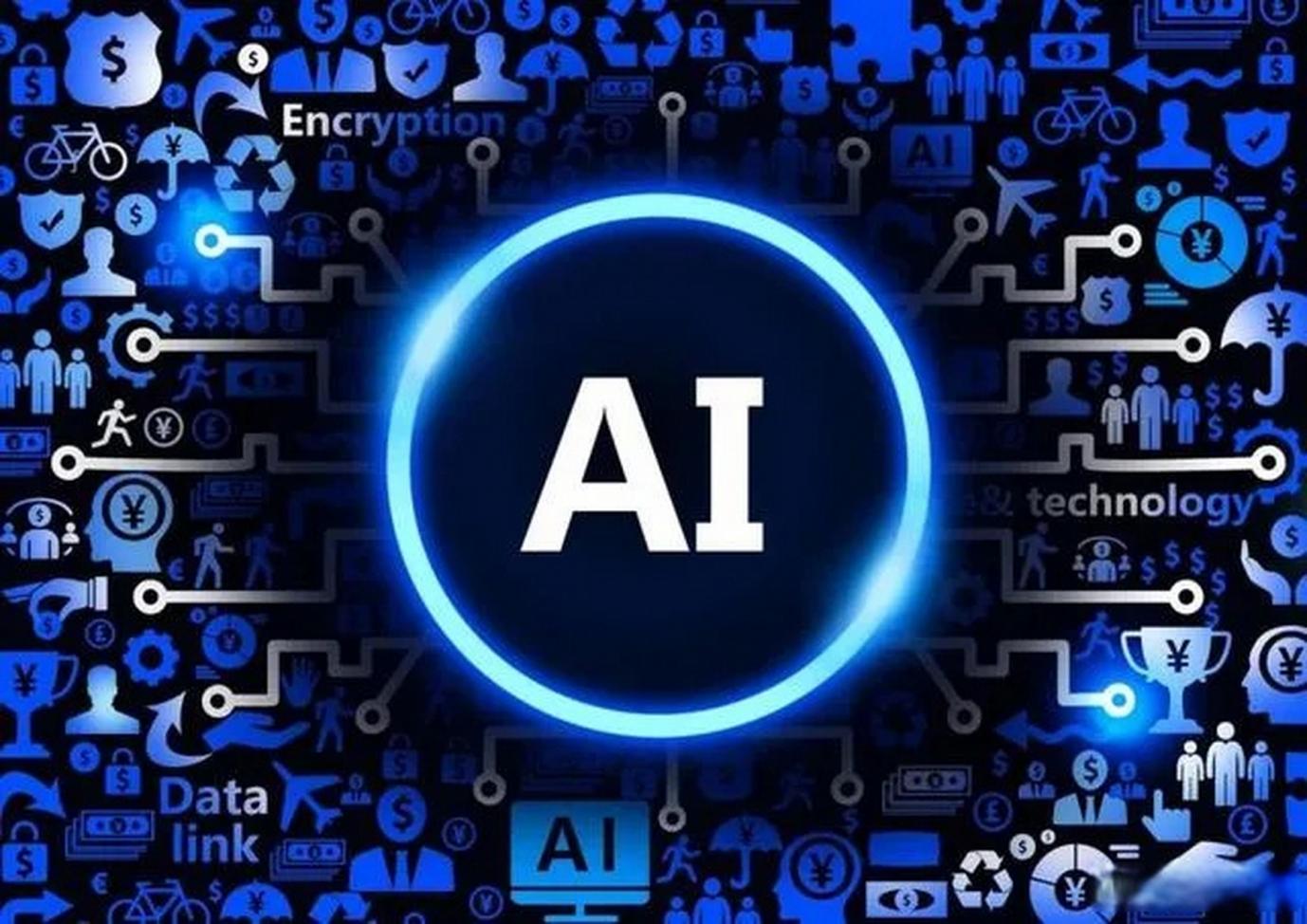
AI also processes global climate data, from historical weather patterns to satellite imagery and predictive models, using deep learning to forecast climate trends more accurately. It’s like transitioning from travelling with a hand-drawn map to using a real-time, smart GPS that updates traffic conditions. Moreover, AI assists scientists in uncovering new phenomena in the universe. Astronomers deal with thousands of stars daily, and mysterious cosmic events are often hidden in data. AI, acting as the most sensitive "detector" can analyse vast amounts of telescope images and detect even the faintest, most elusive phenomena—be it a new galaxy, anomalies in black hole behaviour, or traces of extraterrestrial life. By automating manual data analysis, AI empowers scientists to uncover miracles invisible to the human eye.
In the past, scientists had to conduct numerous experiments to validate a hypothesis, which demanded significant time and resources. Finally, the "intelligence" of AI is evident in its self-learning capabilities. Scientists don’t need to feed AI every piece of information—AI can learn and adjust on its own, gradually improving its analytical skills and predictive accuracy. It evolves into a "research partner" that continuously adapts. With AI's involvement, scientific discovery is no longer a solitary "heroic" endeavour but a smarter, team-oriented collaboration. It helps scientists overcome seemingly insurmountable obstacles.
(Writer:Lany)


